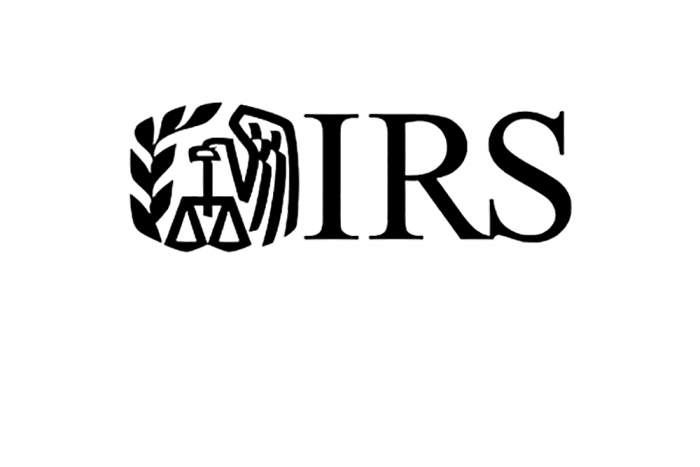Members are encouraged to save the date of the upcoming Managed Long-Term Services and Supports (MLTSS) Subcommittee Meeting. The meeting will be held on Tuesday, May 12, 2020 via webinar, from 10:00 am – 1:00 pm. To participate in the webinar, members are encouraged to register. After registering, interested participants will receive a confirmation email that will contain information about joining the webinar. Questions about the webinar should be directed to Paula Stum.
DDAP Announces Hoteling Procedures for COVID-19 Positive Clients or Individuals Needing Quarantine
Office of Long-Term Living COVID-19 Update
OMAP Announcement Regarding Transportation Program
OMAP Announcement 04-07-2020-03 is to notify all Users of the Medical Assistance Transportation Program (MATP) that during the period of the Governor’s emergency disaster announcement related to the COVID-19 Coronavirus, the use of MATP will be limited, since many routine visits are not urgent, and elective procedures are currently prohibited in certain medical facilities under orders issued on March 19, 2020 from the Governor and Secretary of Health. If you have a scheduled appointment that has not yet been cancelled, contact your medical provider to see if the appointment is necessary.
Effective April 1, 2020 and continuing through the Coronavirus emergency declaration only, the mileage reimbursement rate increased to $0.25 per mile. You do not need to do anything at this time to receive the increased rate if you travel to a Medicaid covered medical service during the emergency declaration period. As mentioned above, you are encouraged to contact your health care provider prior to traveling if not for an urgent condition.
As a reminder, this rate is temporary and only continues during the emergency declaration. The rate will return to the established rate of $0.12 per mile after the declaration has ended.
Please let your county MATP agency know if you have any questions. In the meantime, please visit the PA Department of Health’s dedicated web page for the most up-to-date information regarding COVID-19.
Department Of Aging COVID-19 Guide For Seniors
The Department of Aging launched an online COVID-19 resource guide to help older adults easily find useful information related to their health, safety, and well-being. The guide includes information about meals, prescriptions, protective services, scams, and how to stay active and connected.
IRS Issues New Guidance For Payroll Tax Deferral
The IRS has issued much-anticipated guidance on the payroll tax deferral component of the CARES Act, which allows companies to defer payment on the company match of the Social Security tax (6.2%) for company payroll for March 27 through December 31. The first 50% of this deferral will need to be paid back by Dec. 31, 2021 and the remaining 50% paid back by Dec. 31, 2022. Thus, this tax deferral can be viewed as a two-year, interest-free loan that gives companies immediate liquidity.
Under the new guidance, companies that have received a PPP loan, but whose loan has not yet been forgiven, may defer deposit and payment of the employer’s share of Social Security tax that otherwise would be required to be made beginning on March 27 through the date the lender issues a decision to forgive the loan without incurring failure to deposit and failure to pay penalties. Click here for additional details.
Employment Law and COVID-19: Considerations for Large Employers April 17
Many employers have heard about numerous governmental regulations and programs for employers with less than 500 employees. This call is a Q&A for larger employers (more than 500 employees) and will address furloughs and time off, unemployment compensation, special considerations under the Americans with Disabilities Act, and other questions related to employment law during this time. Jeffrey J. Worley, Esq., Gibbel Kraybill & Hess LLP, will join us for this discussion for members of RCPA.
The call will take place on Friday, April 17, 2020 10:00 am – 11:00 am. Register here to participate.
Governors Announce Multi-State Council To Get People Back To Work And Restore The Economy
PA Begins Implementation of Federal Unemployment
Governor Tom Wolf announced the Pennsylvania Department of Labor & Industry (L&I) is implementing new federal unemployment compensation benefits provided by the Coronavirus Aid, Relief, and Economic Security (CARES) Act. The COVID-19 relief package temporarily provides an additional $600 per week, makes self-employed, independent contractors and gig workers eligible for benefits, and extends unemployment compensation (UC) benefits for an additional 13 weeks.
Safeguard Against Disability Discrimination During COVID-19
Quick-Reference Fact Sheet Now Available
 The Center for Dignity in Healthcare for People with Disabilities has published a new fact sheet for health care professionals, describing best practices and legal requirements for health care when serving people with disabilities. It is based on guidance from the Department of Health and Human Services Office for Civil Rights.
The Center for Dignity in Healthcare for People with Disabilities has published a new fact sheet for health care professionals, describing best practices and legal requirements for health care when serving people with disabilities. It is based on guidance from the Department of Health and Human Services Office for Civil Rights.
















